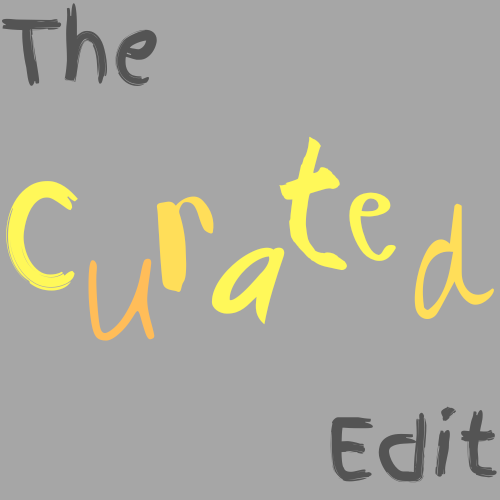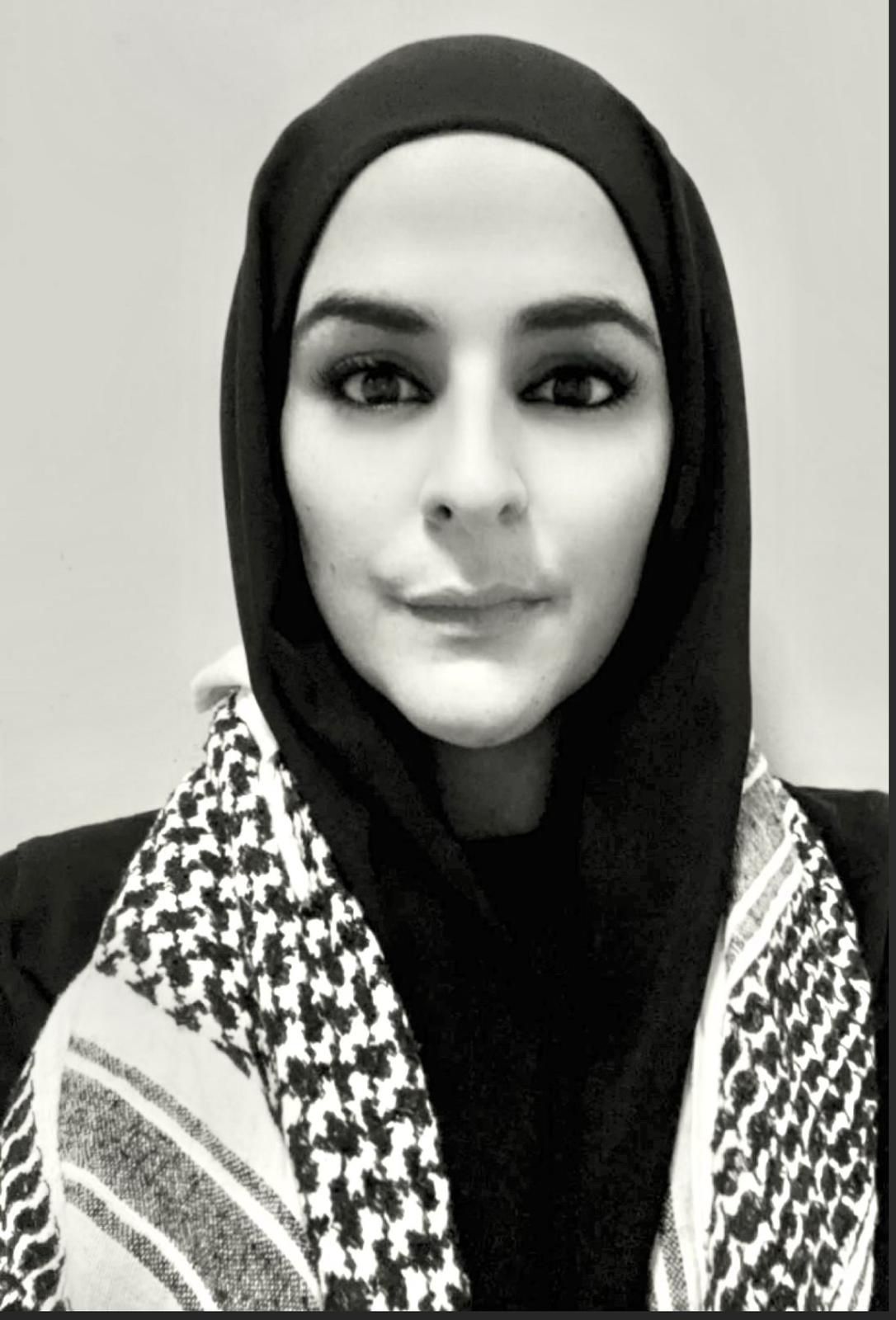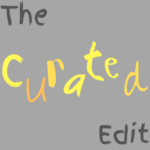Mark Zuckerberg is a Zionist and widely believed to run his social platforms based on his personal beliefs. However, he is seen as a moderate Zionist. (Photo credit: Britannica)
Two days ago Meta released an update on their policy on the usage of the word “Zionist” on their platforms.
It made quite a stir with people on both sides of the Israel and Palestine debate. Zionists, as per usual were busy putting their own spin on it, however detached from reality it may be, just so they can present it as a win.
And the Palestinian side, by-and-large showing their disdain and a feeling of ‘here we go again’.
If we read the full policy update that Meta released, with examples in what context “Zionist” can and cannot be used, one realises it does not actually change much in terms of what we a already know.
Which is that, “Zionist” cannot be used as a proxy to mean Jews, when if using “Jews” would be showing hate against Jews.
The biggest deduction from this though is – this policy update basically confirms that Meta believes anti-Zionism is not the same as antisemitism.
It unequivocally rejects the notion what some radicalised Zionists and groups have been trying the fool the world with, by saying anti-Zionism is antisemitism.
Meta is a Zionist platform, but has rejected Zionist radicals and groups such as the ADL and Douglas Murray who peddle that intellectually absurd notion.
Meta does not say Zionism cannot be used to convey anything negative towards Israel, Israelis, Zionism or even Jews.
It clearly states it only cannot be used as a proxy when “Zionist” is “used to refer to Jews and Israelis with dehumanizing comparisons, calls for harm, or denials of existence“.
Saying Zionism does not have the right to exist, is not the same as saying Zionists do not have a right to exist – Meta makes this position clear. Similarly, people can say Conservatism does not have a right to exist, however, are not permitted to say conservatives do not have a right to exist. Saying, Jewish Zionist fundamentalists are illegal occupiers, is OK, as would be saying, Christian Zionist fundamentalists are Israel first and America second. None of these things are using “Zionist” as a proxy to mean Jews, even though the latter examples are criticising certain types of Jews and Christians. They can be criticised, as can certain types of people of any religion, where the mention of the religion is justified. When someone or some people do nefarious things influenced by their religion, then it not just quite OK to mention it, but it is important for the religion to be mentioned. Because it is a relevant factor.
In other words, it is the same for any group. For example: “coconut” cannot be used as a proxy word to refer to brown people in a racist way. There is case law in the UK that has enforced this.
If Meta had adopted a policy that stated rejection, opposition and even hate against Zionism is not permitted – then it would have been saying Zionism is the same as referring to Jews and therefore, would mean Meta taking the view that anti-Zionism is the same as antisemitism.
It doesn’t say that.
What is says is by way of an example, “We do allow people to criticize adherents of political affiliations and ideologies. For example, we would remove a post that says, “People of ‘X religion’ are stupid,” but we would allow, “Supporters of ‘X political movement’ are stupid”.
In other words, it clearly makes the distinction between a political ideologies and religions.
People can hate a political ideology, like many people hate Conservatism, people can hate Zionism. They can even vehemently reject and oppose it.
Meta lists some of the areas where Zionist cannot be used in conjunction with, for example, when referring to age-old tropes, like referring to Jews as rats, saying “Zionist rats won’t be permitted, as won’t
- Claims about running the world or controlling the media;
- Dehumanizing comparisons, such as comparisons to pigs, filth, or vermin;
- Calls for physical harm;
- Denials of existence;
- Mocking for having a disease
Meta continues, “going forward, we will remove content in the categories listed above, while protecting voice and legitimate free expression in other content about “Zionists”.
It concludes with the “Criminality Comparison”
“Criminality Comparison
One question that emerged during our Policy Forum is how to treat comparisons between Zionists and criminals (e.g., “Zionists are war criminals.”). Our Hate Speech policy prohibits comparisons between any group defined by a protected characteristic and criminals. However, we find that some criminal comparisons that refer to protected characteristics are using those characteristics as shorthand to refer to governments, soldiers, or other specific groups. Such speech is generally political rather than hateful. For instance, people may reference nationality (e.g., “the Americans”) as shorthand for commentary about actions by the American government or military. Similarly, because the term “Zionists” can be used to refer to people on the basis of their nationality (i.e., Israeli people), commentary about “Zionists” may also refer to government or military actions. In order to obtain additional guidance on this question, we referred a bundle of cases to our independent Oversight Board that tee up the issue of criminal comparisons. We look forward to any guidance the Board may provide”.
Even if the Oversight Board judges that Zionist cannot be used in this context – it will still no doubt permit to say Zionist military or Zionist government as per examples provided by Meta above.
All-in-all, I believe this is a well thought out policy amendment which takes into account the reality that Zionist has been used as a proxy by some to be hateful towards Jews. It will also further focus the minds on the Palestinian advocacy side, where I think it will encourage making more arguments that have more detail to them.
Most importantly, Meta confirms that it also believes what we on the pro-Palestine advocacy movement have always believed – anti-Zionism is not antisemitism.
Antisemitism is wrong – anti-Zionism is a duty!












